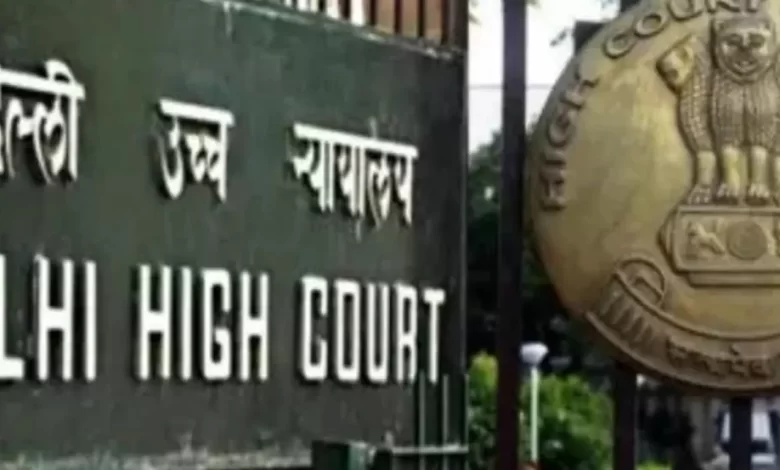
Consent holds no relevance for prosecution in Pocso cases, says Delhi HC
The Delhi High Court has reinforced that in cases under the Protection of Children from Sexual Offences (POCSO) Act, the question of consent holds no legal significance if the victim is a minor.
The court made this observation while rejecting the bail plea of an accused in a case involving a 16-year-old girl.
Justice Sanjeev Narula, while denying bail to one Mohd. Rafayat Ali, emphasised that the age of the victim is the decisive factor in such cases. “The plea of a consensual relationship is legally immaterial. If the victim is below 18 years of age, the law presumes she is incapable of giving valid consent,” the court stated.
The case against Ali was registered last year following a complaint lodged by the girl’s mother. The victim alleged that Ali, a married man with children, befriended her and engaged in physical relations under the pretext of marriage. When she became pregnant, he reportedly gave her medication that resumed her menstrual cycle but caused severe abdominal pain. Her pregnancy came to light when her parents took her for an ultrasound examination at a hospital.
During interactions with the Child Welfare Committee, the girl maintained that the relationship was consensual. However, Ali contended that there was a discrepancy in her age and argued that she was 18 at the time of the incident.
The court, however, relied on school records, which listed her date of birth as August 3, 2008, making her a minor when the alleged incidents occurred.
It stated that unless there was concrete evidence to refute these records, mere oral assertions by the prosecutrix could not override documentary proof at the stage of bail.
“The accused’s claim that the prosecutrix was an adult remains unsubstantiated and can only be tested during trial,” the court observed. It further noted that cross-examinations had not discredited the prosecution’s reliance on school documents.
Considering the nature of the offence, the significant age gap between the accused and the victim, and the ongoing trial where key witnesses were yet to testify, the court held that granting bail could lead to witness tampering.
“Given the gravity of the case and the potential for influencing witnesses, the court is not inclined to grant bail,” the court further said.
Observation made while rejecting bail plea of accused
The court made this observation while rejecting the bail plea of an accused in a case involving a 16-year-old girl. Justice Sanjeev Narula, while denying bail to the accused said the age of the victim is the decisive factor in such cases. “If the victim is below 18 years of age, the law presumes she is incapable of giving valid consent,” the court stated.




